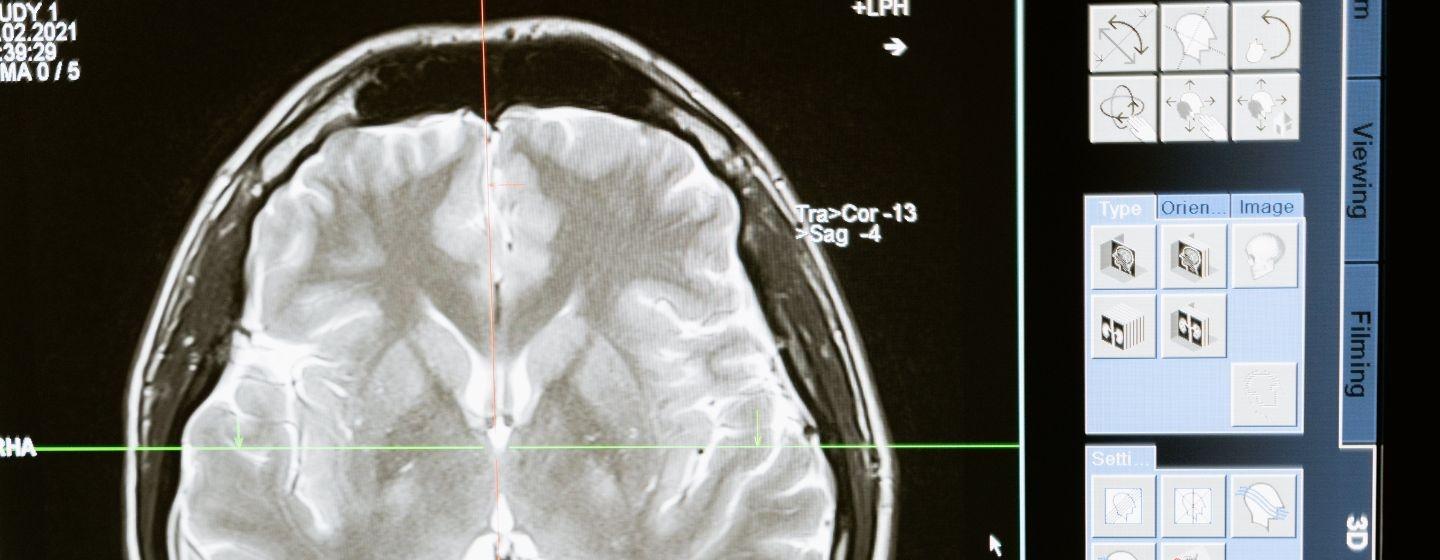Concussions in Young Adulthood May Cause Cognitive Declines Later in Life


It’s a question many of us consider when we see an athlete suffer a concussion during a sporting event.
“Do concussions affect a person as they get older?”
The answer is yes, based on a recent study led by researchers from Duke University Medical Center in Durham.
Researchers found thinking and memory skills may take a hit long after a person recovers from a traumatic brain injury (TBI) such as a concussion.
“Understanding how a traumatic brain injury affects cognitive decline later in life could lead to earlier interventions that could potentially delay or prevent the onset of dementia,” said lead author Marianne Chanti-Ketterl, Ph.D., assistant professor in psychiatry and behavioral sciences at Duke University Medical Center.
Chanti-Ketterl and her colleagues analyzed data from roughly 8,600 white, male World War II veterans. These subjects are part of a long-running Duke Twins Study.
Researchers focused on identical twins because they share the same genes and many of the same early life exposures. Researchers also controlled for alcohol abuse, smoking and other factors that could account for cognitive differences between twins.
One big difference between the twin subjects in this study: one person from each pair had sustained a traumatic brain injury during their lifetime while the other had not.
The men (average age of 67) took a thinking skills test when the study began. They then took the tests three more times over 12 years. On average, the twin who suffered a concussion sustained the injury roughly 34 years earlier.
Results showed that participants who had experienced a concussion were more likely to have a lower test score than their uninjured twin at about age 70. That was especially true if they had lost consciousness from the impact or were older than 24 at the time of the injury.
Chanti-Ketterl notes that the score differences between the paired twins were modest. The twin with the injury had a test score that was 0.59 points lower per year at 70 than the uninjured twin. Thinking skills appeared to decline faster, by 0.05 points per year.
“This study highlights the importance of treating concussions and TBIs appropriately when they occur,” Chanti-Ketterl shared in a Duke Health release.
She also told U.S. News & World Report, “A lot of people, they have mild traumatic brain injuries and they don’t seek medical help because they think it’s not going to affect them later in life. And now we know that it does.”
The study focused on brain injuries that occurred mostly in early adulthood, so the results don’t shed much light on what happens when someone has a concussion as a child. It also doesn’t provide the answers parents and caregivers might be looking for when considering contact sports and safety for kids.
“Our knowledge and understanding of these injuries [have] greatly increased. This study demonstrates the importance of treatments for head injuries and the need to minimize or prevent these injuries,” said Chanti-Ketterl.
Find more information on concussions on the CDC’s website.